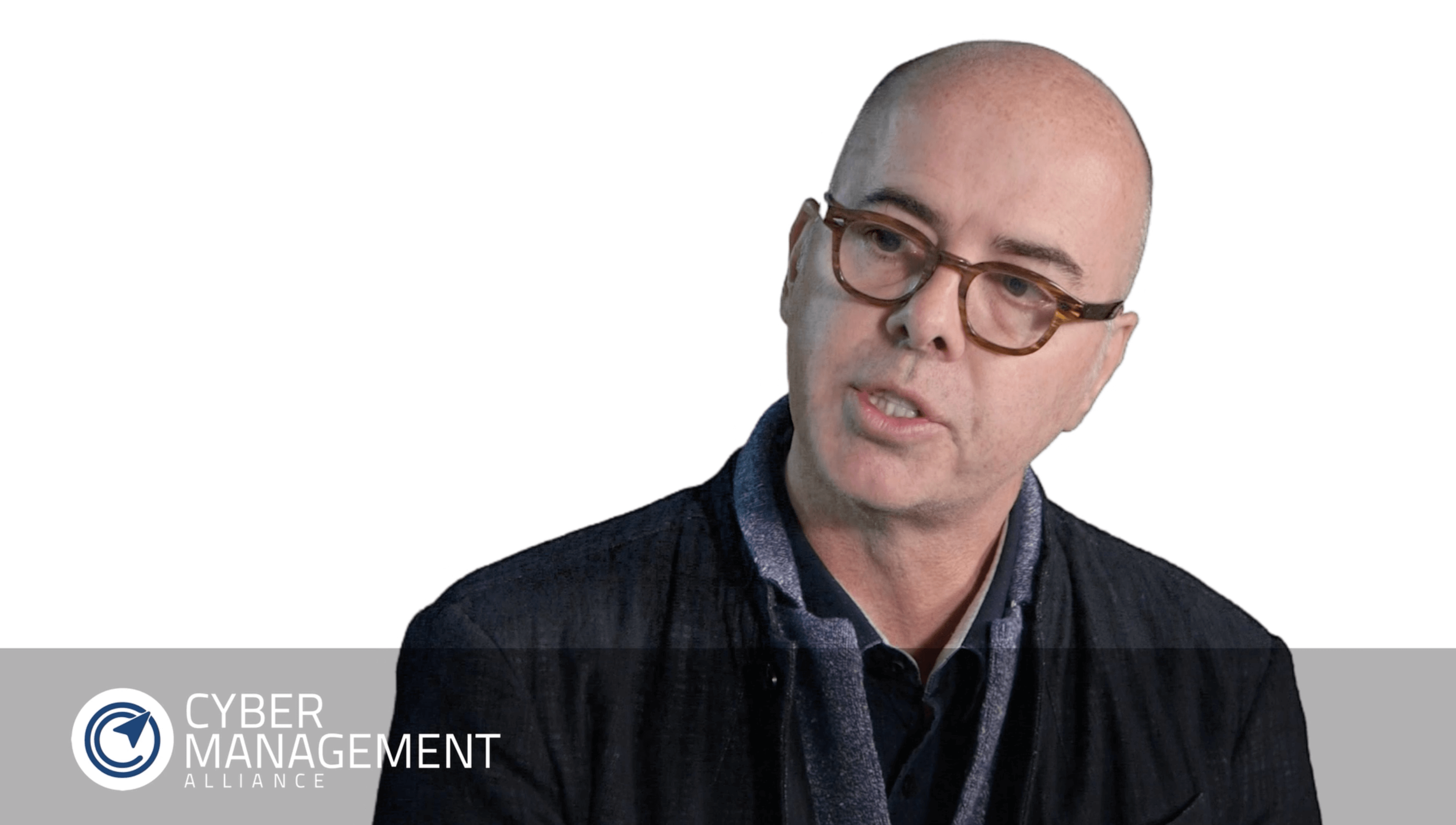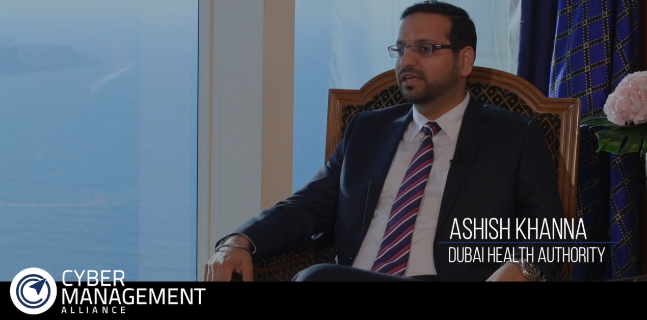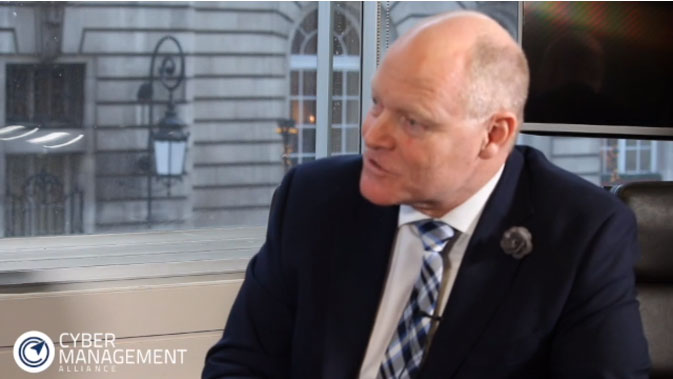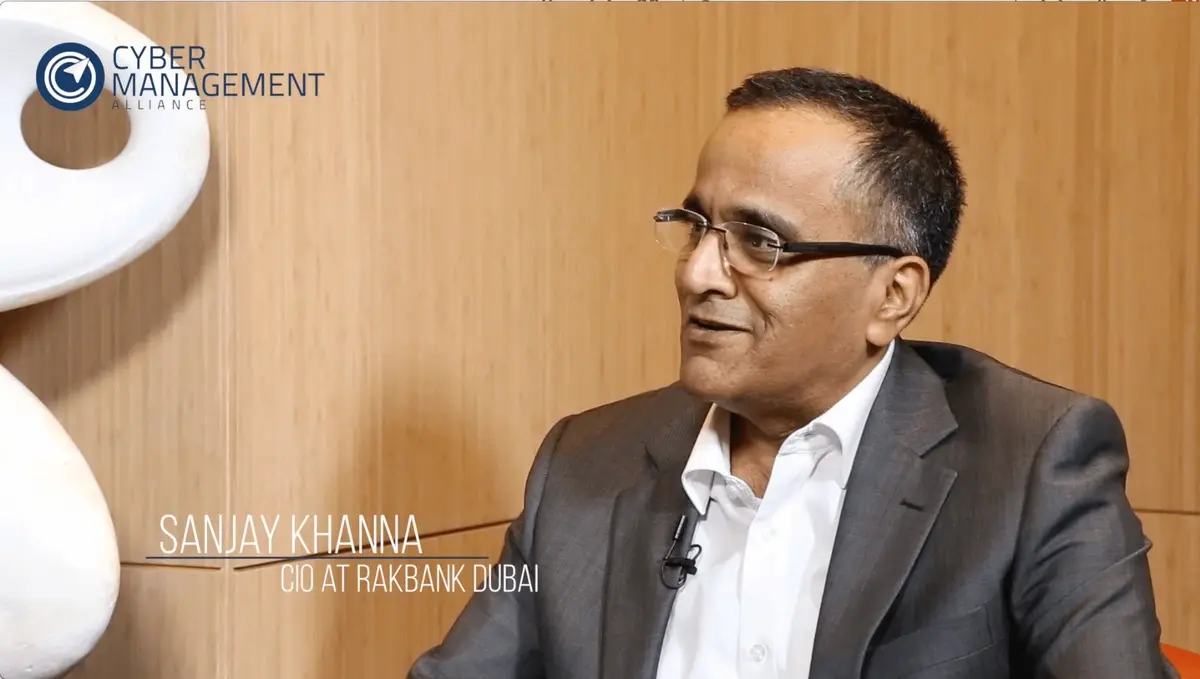CMA interviews retired FBI agent, Steve Bongardt
Date: 1 November 2017
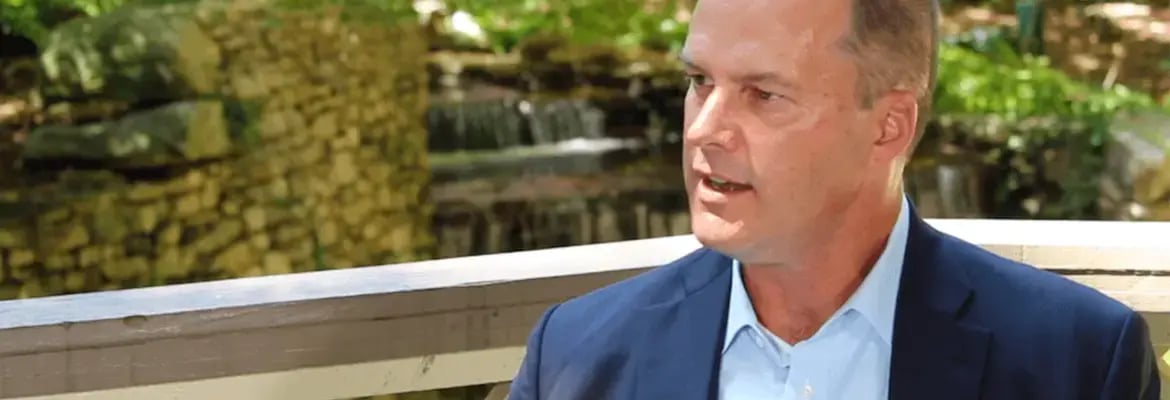
Steve Bongardt, retired FBI agent, took time out recently to talk to Amar Singh from Cyber Management Alliance as part of their exclusive Insights With Cyber Leaders series. Steve opened up about his early career in the Navy and multiple applications to become an FBI agent, the impact of cyber security on his time as an agent, and one of his favourite interview tactics that he likes to use on potential employees.
How did you get to where you are now?
Steve was an FBI agent for 20 years but started his career as a fighter pilot in the Navy. When he left the Navy, he wanted to work for the FBI but there was a hiring freeze at the time. So, he took on a role on Wall Street for a couple of years until he heard that the FBI was hiring again, and he applied again.
“Government jobs aren’t always available when you’re ready so you need to keep applying, the right timing will be there eventually.”
As a pilot, Steve wanted to make a difference and being part of National security as an FBI agent continued that path. Without doubt, he believes that the disciplines he learned as a pilot and with the FBI including learning to shoot, learning to defend yourself, learning the academics (which are important to the FBI, as well as applied law degrees, have been key to his career as a pilot, an FBI agent, and currently as a cyber security consultant.
So how did you get into cyber security?
An undergraduate in aerospace engineering took Steve down the cyber track at the Naval Academy where he learned programming, years ago when it was at a basic level. As an agent, he realised that cyber was either going to be a mechanism for the crime or part of the crime, the actual target or victim. He was lucky enough to work on terrorism cases where he found that the criminals were already using, and were good at using, the Internet. So, the cyber environment became an important aspect of his FBI career.
What advice would you give in following the cyber track?
To Steve, it’s important to understand the mindset. However, he also recommends developing a broader foundation when you’re younger. Learning information technology, coding in general, information systems, information architecture – it is the foundation level. The speciality security layers can come later on through different security type courses.
When Steve joined the FBI you came from a background of either accountancy, law or you were a pilot. Today it is very different; there are different entrance levels and cyber security is now one of those levels.
“With the overall capabiltiies out there, cyber and cyber security is in demand and will be for some time.”
Interviews… what advice would you give and what are you looking for?
“I would say the biggest thing that I have learned in being an FBI is get comfortable being out of your comfort zone.”
It is important to be flexible – not everything is 100% scripted; you’ve got to learn to adjust and adapt.
Another aspect that to Steve is important is being able to talk to people. Today’s generation is great when it comes to technology but not necessarily so good when it comes to face-to-face. They’re rather conduct interviews over the phone, but that’s not always possible.
Learn how to talk to people, how to interact with people. Talk about difficult situations that you have been in and how you have worked through that scenario. For many people, that in itself is outside of their comfort zone; dealing with that is a big part of the job.
Steve also looks for a sense of urgency, understand that urgency when it is needed; aim to be at yellow alert as much as possible.
“We can’t always be on red alert but it’s good to know when to escalate and when not to.”
One of Steve’s favourite interview tactics is to show the interviewee his FBI credentials but not tell them why he wants to to talk to them. He watches for their reaction, how anxious they become, and over time through questioning observe how their anxiety drops. This gives Steve a good basis of how that person is going to react in certain situations. He also uses open-ended questions go encourage people to talk.
Your thoughts on cyber security today…
Steve believes that the world is at a very unique point and people can’t have it both ways. It is important to understand that the information we give out, when we give it out in certain ways, has to be controlled in a very sophisticated way, applying enough resources.
Whether it’s pro-privacy or pro-security, either way the hackers won’t be eliminated; the criminal will always find a way – there has to be a balance between the two.
A big thing for Steve in the coming years is accountability from the C-suite and he believes that they will see some very public and very real ramifications for those that aren’t trying to do the right thing. As well as the possibility of seeing the new intelligence wall – privacy versus security – and law enforcement/intelligence making sure they don’t violate somebody’s privacy, Steve believes that encryption will reach another feverish level.
“There are too many highly sophisticated devices out there – encryption will increase in intensity to deal with this.”
To hear more from Steve Bongardt, retired FBI agent and cyber security consultant, view our exclusive Insights With Cyber Leaders interview by clicking here.
For more information on Cyber Management Alliance, their GCHQ Certified CIPR training and other courses, webinars, Wisdom of Crowds live and virtual events, and their Insights with Cyber Leaders series of executive interviews, contact us today.
